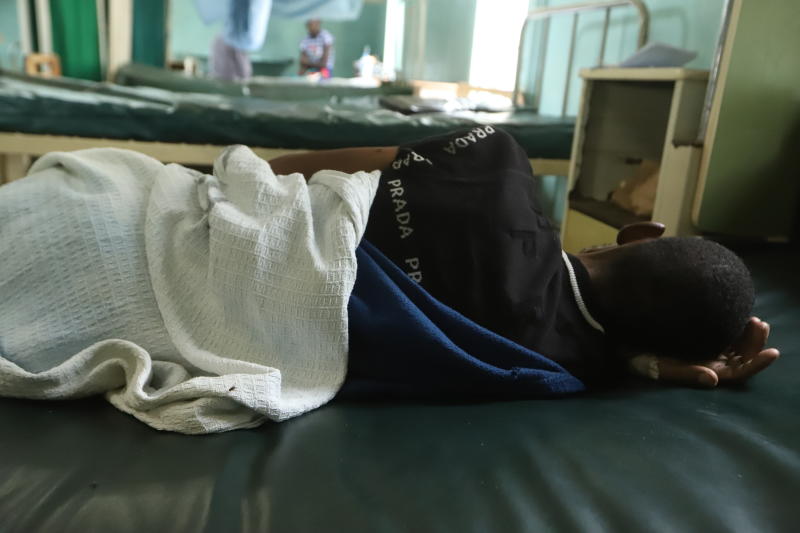×
The Standard e-Paper
Kenya’s Boldest Voice

The public health sector is largely responsible for much of patients’ suffering across the country, reports presented this week at a conference of the Kenya Medical Research Institute (Kemri), show.
Top researchers told of high levels of wrong drug prescriptions in public hospitals, lack of control of dangerous germs in health facilities and sale of dangerous medicines in chemists.